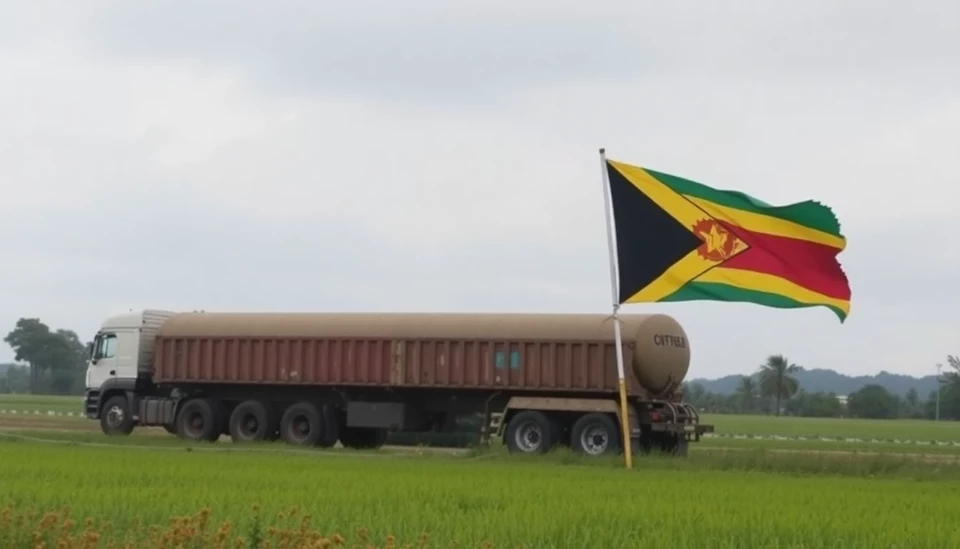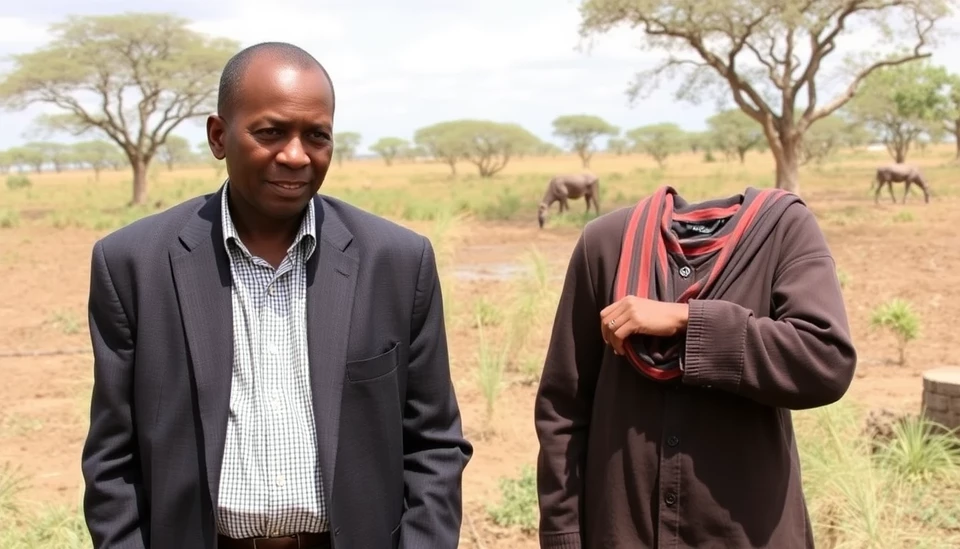
In a significant development in Zimbabwe's agricultural landscape, the government has reached an agreement to compensate more than 400 former white farmers for improvements made to their land prior to its seizure. This decision is part of an ongoing effort to settle the contentious land reform issues that have plagued the country for over two decades.
The compensation package totals over $400 million, a considerable sum that reflects the government's commitment to rectifying historical injustices related to land ownership. The agreement allows the farmers, who were displaced in the midst of the country's tumultuous land redistribution program initiated in the early 2000s, to receive payments for the enhancements made to their properties, which include investments in infrastructure, irrigation systems, and other improvements essential for agricultural productivity.
This move comes after years of negotiations and growing pressure on the Zimbabwean government to uphold the rule of law and provide justice for the farmers who lost their land. The compensation will be funded through a mix of domestic financial instruments and international support. Economic analysts believe that this decision could also enhance Zimbabwe’s relations with Western countries, which have historically been critical of the government's land policies.
In Zimbabwe, land ownership is a highly sensitive topic. The land reform program was initially aimed at correcting colonial-era land imbalances; however, it led to widespread economic turmoil, decreased agricultural output, and a loss of investor confidence. As a result, Zimbabwe saw a dramatic decline in its once-thriving agricultural sector, with many farms falling into disuse or being repurposed for different agricultural practices without regard for sustainable development.
The government’s latest move is viewed as a step towards reconciliation and rebuilding the agricultural sector, which many believe is crucial for the nation's economic recovery. Analysts suggest that restoring trust among landowners, regardless of their race, is essential for revitalizing Zimbabwe's economy and encouraging investment in the agricultural sector.
While the compensation plan has been welcomed by the affected farmers and their advocates, some critics argue that it may not go far enough in addressing the broader issues of land rights and security in Zimbabwe. Furthermore, they highlight the need for comprehensive reform to ensure that current landowners, many of whom are black Zimbabweans who took over the farms, are also protected and supported in achieving operational success without fear of dispossession.
Moving forward, the Zimbabwean government is expected to establish mechanisms to facilitate these payments efficiently, ensuring that deserving claimants receive their due compensation without undue delays. This development marks a pivotal moment in Zimbabwe's agricultural history and poses a hopeful outlook for the future of the sector as stakeholders work collaboratively to heal the wounds of the past.
In conclusion, as Zimbabwe navigates the complexities of its land policies, the recent compensation agreement not only signifies a potential turnaround for the agricultural industry but may also lay the groundwork for a more inclusive and economically viable future.
#Zimbabwe #LandCompensation #Agriculture #EconomicRecovery #FarmersRights
Author: Rachel Greene




